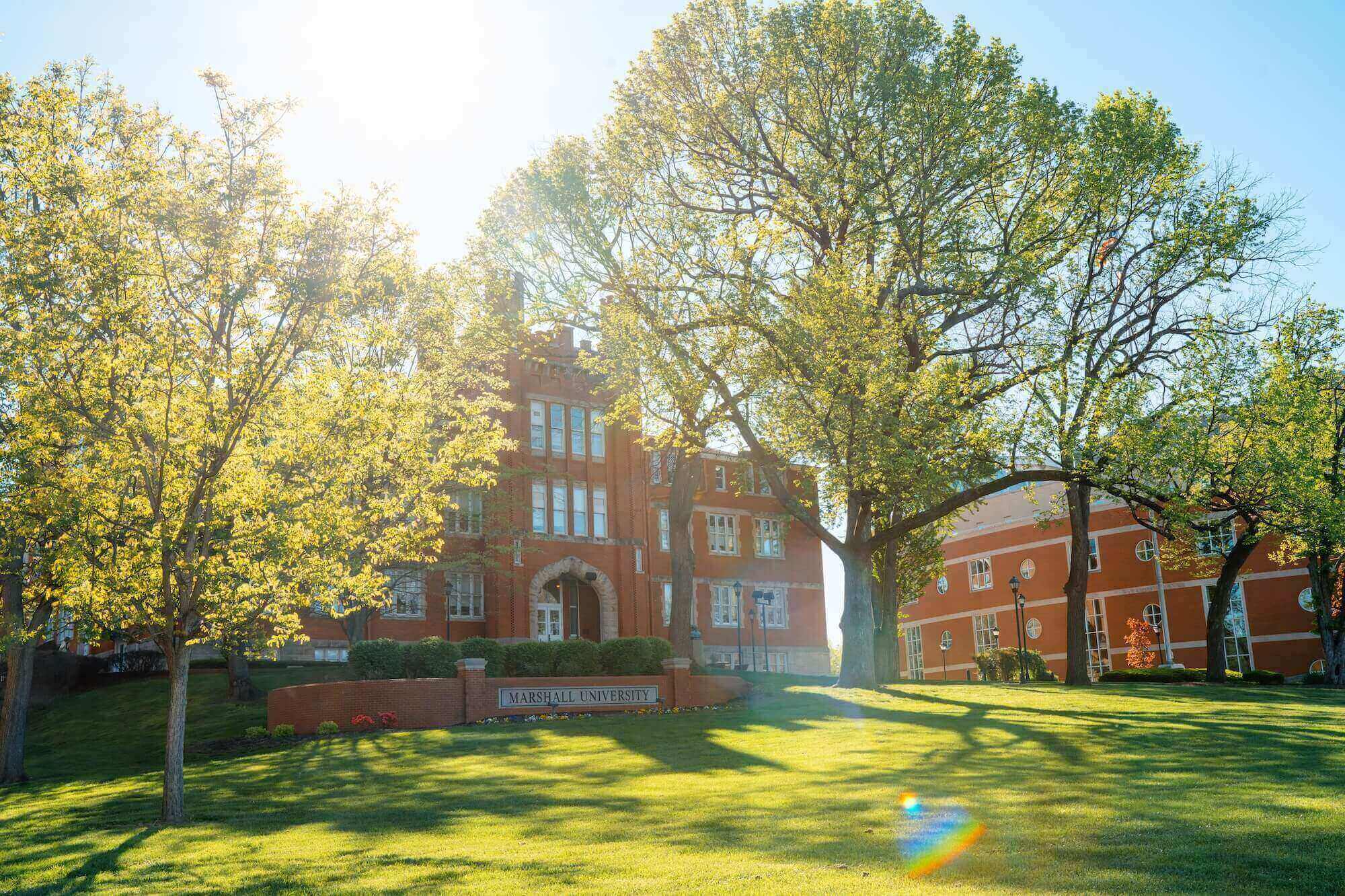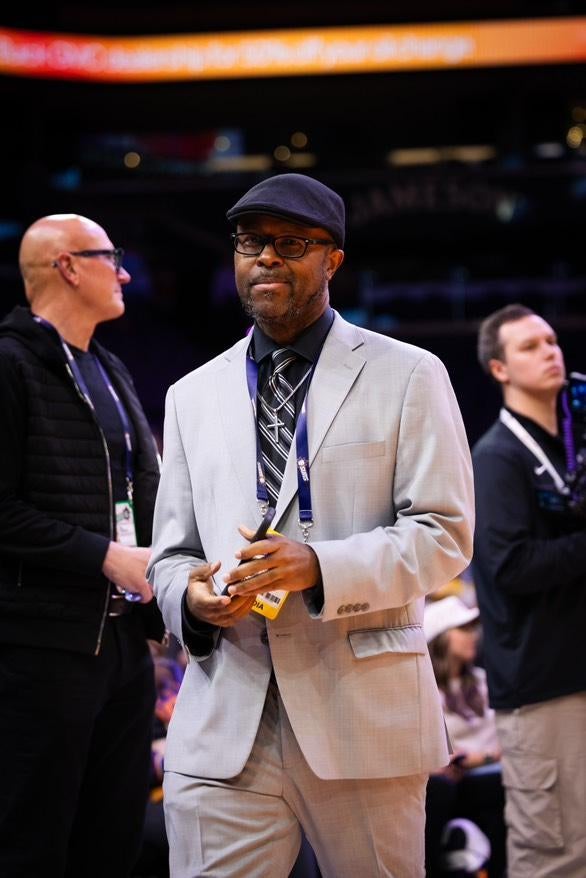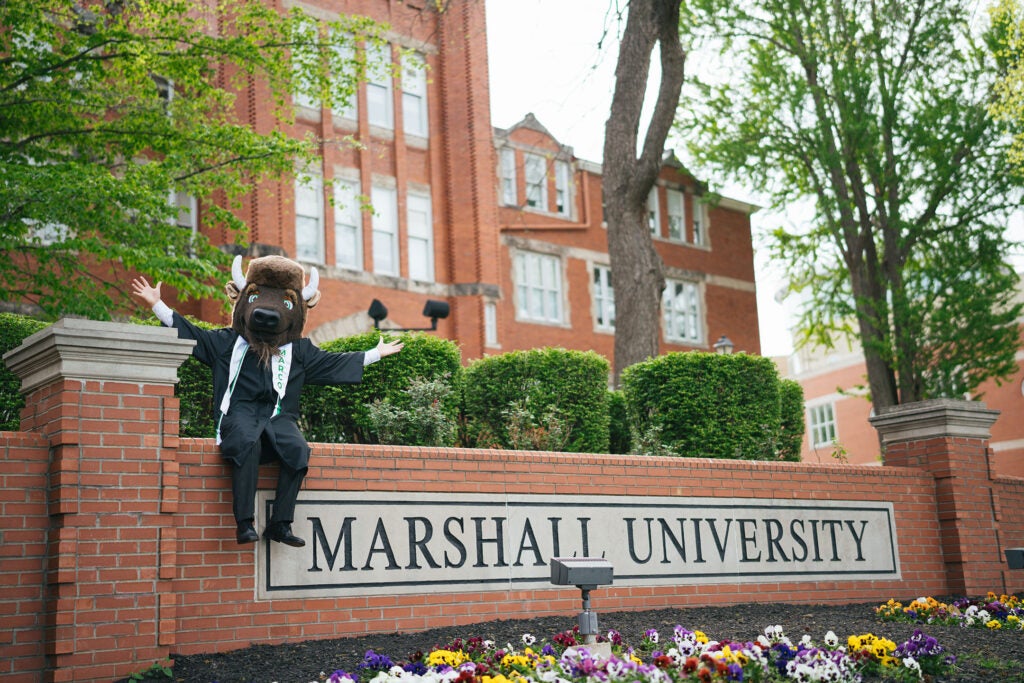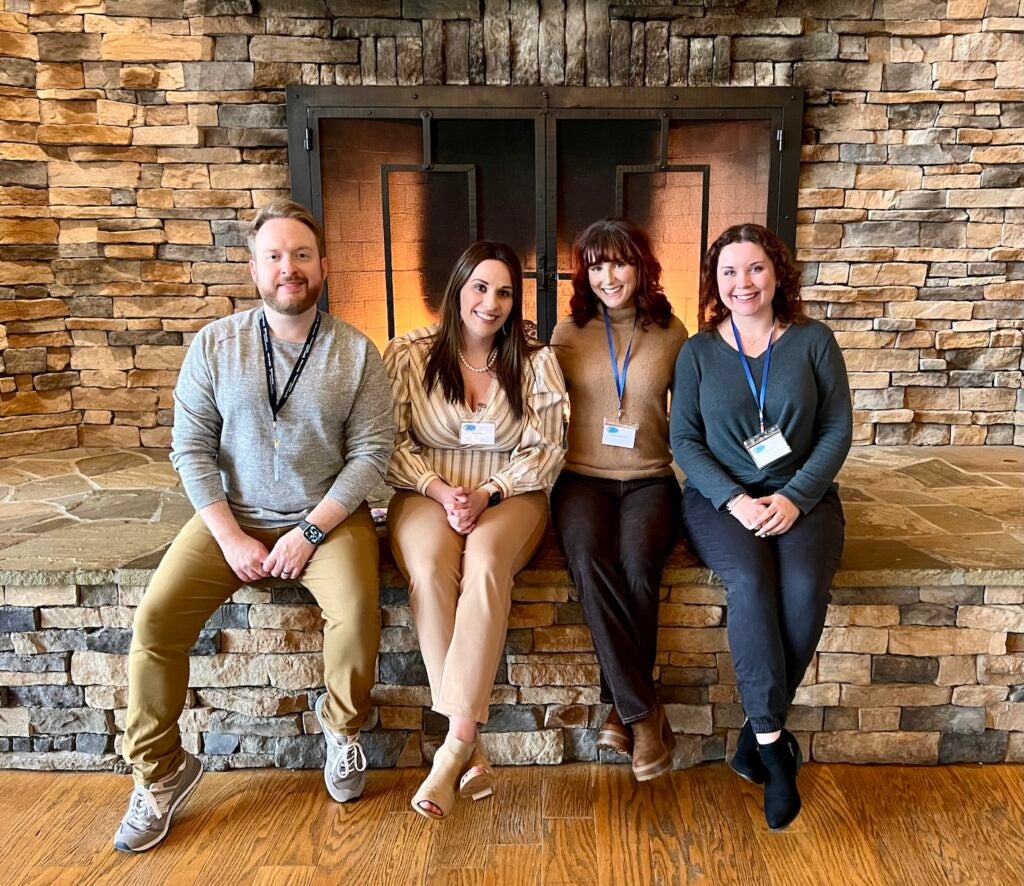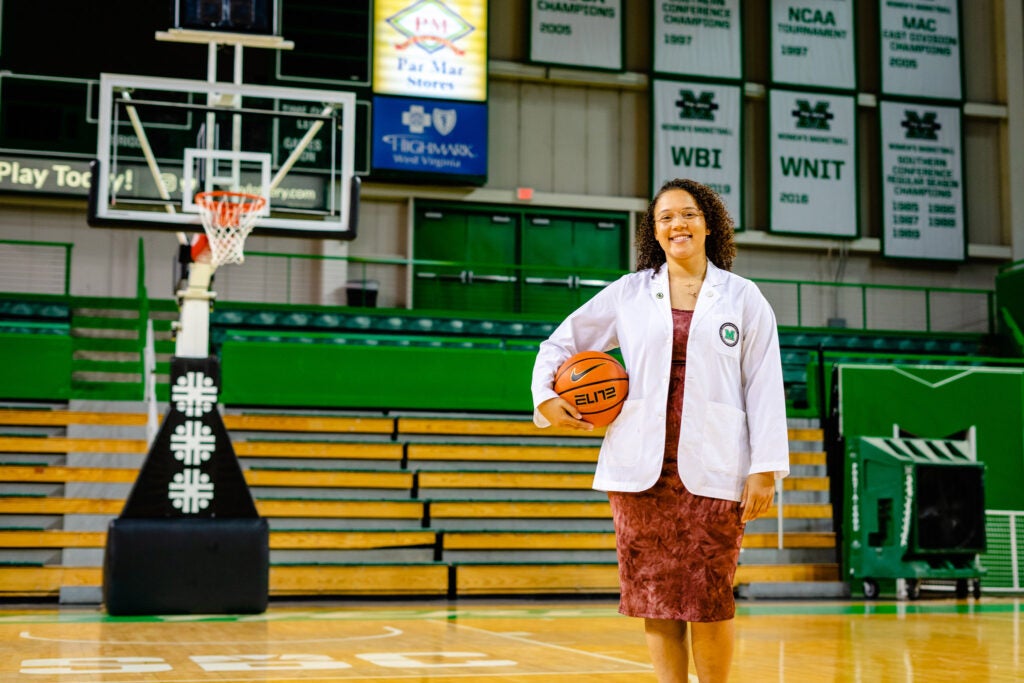Share Your Story
Share your favorite Marshall Moment with us—whether it’s a meaningful memory, a proud achievement, or a special connection you’ve made at Marshall University. Your stories help capture the heart of the Herd and may be featured in future university projects, publications and campaigns. Submit your moment today and help us celebrate what makes Marshall so special!

